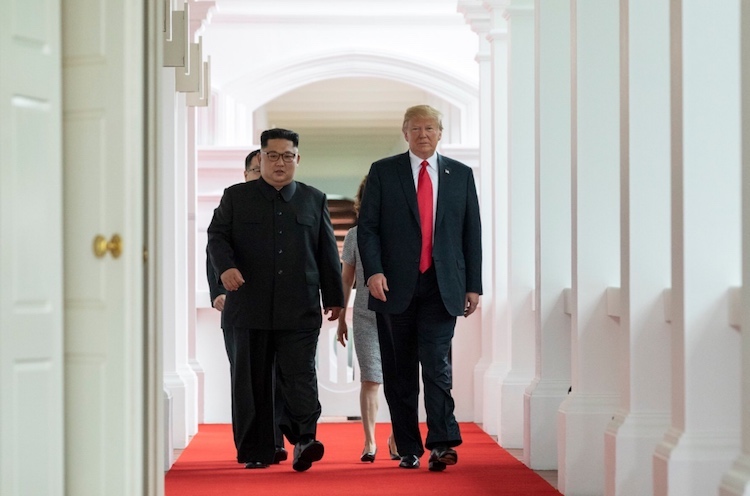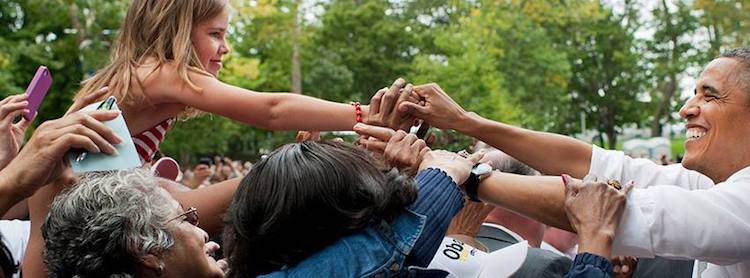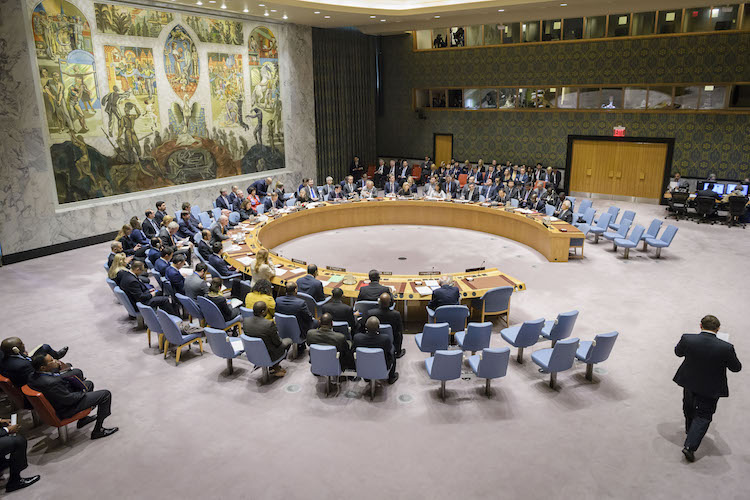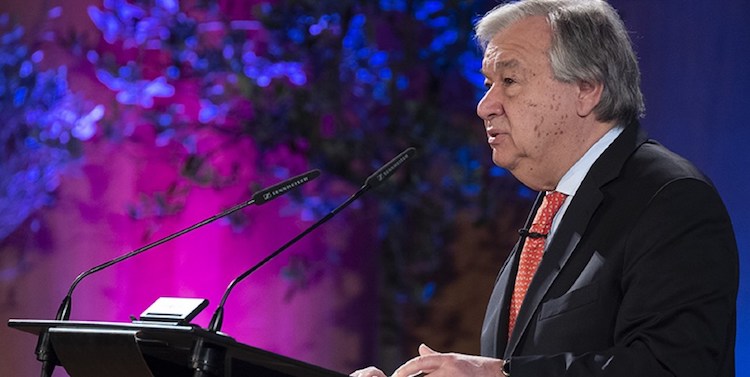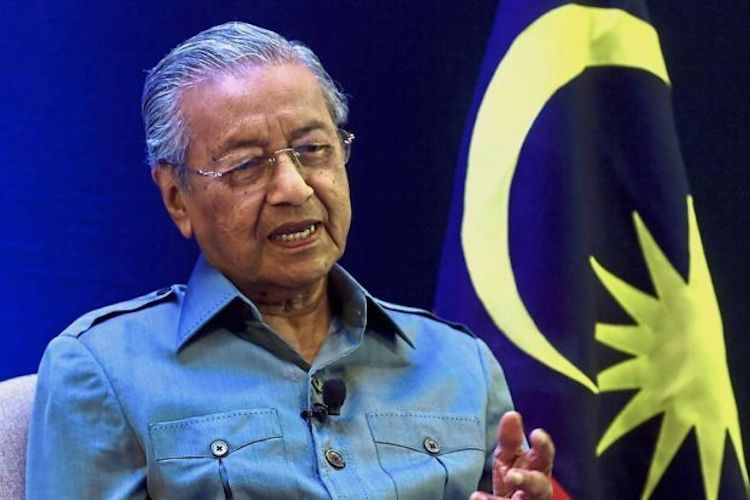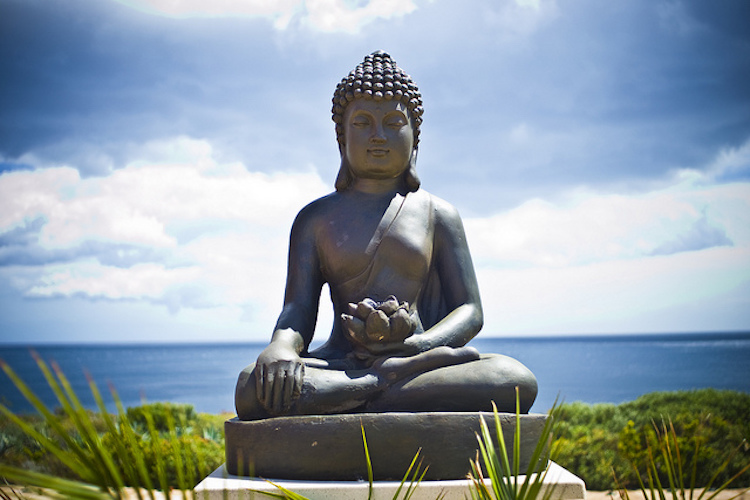By A.L.A. Azeez The writer is Ambassador and Permanent Representative of Sri Lanka to the UN in Geneva. While analysing the UN Secretary-General António Guterres’ new disarmament agenda entitled, Securing Our Common Future, Ambassador Azeez calls for” the increased availability of disarmament education and fellowship opportunities” to make up for the loss of a generation […]
Substance Eludes Kim-Trump Historic Summit
By Sergio Duarte The writer is Ambassador, former UN High Representative for Disarmament Affairs, and President of Pugwash. NEW YORK (IDN) – The off-again, on-again meeting between President Donald Trump and Chairman Kim Jong-un which finally took place in Singapore on June 12 was undoubtedly an historic occasion. However, a sober analysis of its outcome […]
You Can Help Achieve Zero Land Degradation
By Monique Barbut The writer is Under-Secretary General of the United Nations, and the Executive Secretary of the United Nations Convention to Combat Desertification (UNCDD) based in Bonn, Germany. This viewpoint underlines the importance of June 17 that marks every year the celebration of the World Day to Combat Desertification and Drought (WDCD). – The […]
The Trump-Kim Singapore Summit Relieves Tensions, Nuclear Dangers Remain
By David Krieger The writer is President of the Nuclear Age Peace Foundation. He is the author and editor of many books on peace and nuclear weapons abolition, including ‘Speaking of Peace: Quotations to Inspire Action.’ This article first appeared on NAPF. – The Editor. SANTA BARBARA (IDN) – The Singapore Summit was a dramatic […]
Two New Books Underline The Light Obama Was
Viewpoint by Jonathan Power* LUND, Sweden (IDN-INPS) – Politics is a fickle beast. Barack Obama won more votes among blue-collar workers than did his opponent, Senator John McCain. But it was those very blue-collar workers who tipped the scales in Donald Trump’s victory. They weren’t racists or they wouldn’t have voted for Obama in the […]
Kazakhstan Reaffirms Willingness to Assist in the Maintenance of Peace and Security
By Marat Beketayev, Minister of Justice of the Republic of Kazakhstan The UN Security Council organized on 17 May 2018 a High-Level Open Debate on “Maintenance of international peace and security: Upholding international law within the context of the maintenance of international peace and security,” reflecting the purposes of United Nations as spelt out in […]
UN Chief’s Disarmament Agenda Faces Rough Waters
By Jayantha Dhanapala The UN Secretary-General’s new Disarmament Agenda entitled, Securing Our Common Future, “seems unlikely to secure our common future with the present actors,” writes Jayantha Dhanapala, a retired Ambassador of Sri Lanka and a former UN Under-Secretary-General for Disarmament. “We will either have to wait for a change of actors or search among […]
Malaysia Starts on a Journey Towards a New Beginning
By Jayant Menon* MANILA (IDN) – The world has seen a number of unexpected electoral outcomes lately; the most widely reported being Brexit in Europe and the election of President Donald Trump in the United States. But the ouster of the Barisan Nasional (BN) coalition government in Malaysia was not only unexpected; it was amazing. […]
Why Tony Blair Should Be Prosecuted Over Iraq
Viewpoint by Jonathan Power* LUND, Sweden (IDN-INPS) – President Barack Obama was not a war criminal despite US involvement in wars in Iraq, Somalia, Afghanistan and against ISIS. His predecessor George W. Bush was. Apart from anything else his administration tortured captives. Was the former British Prime Minister, Tony Blair, the closest ally of Bush […]
Asia’s Buddhists Should Step Forward to Pave the Way to Sustainable Development
Viewpoint by Kalinga Seneviratne* SINGAPORE (IDN) – Buddhists across Asia are going to temples, bathing the baby Buddha, giving food to monks, lighting lamps and offering incense sticks accompanied by chanting paying homage to the Buddha on Vesak day, May 29 this year. While keeping with these traditions is important, Asia’s Buddhists are letting go […]


